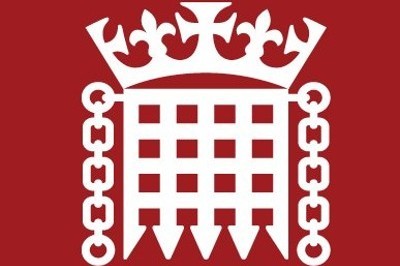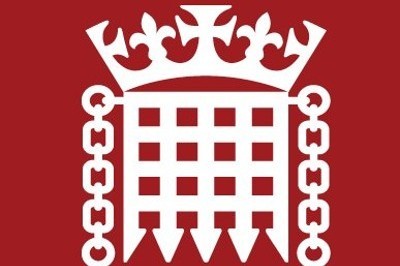With a general election now firmly on the horizon, you’d imagine a similarly animated conversation would develop regarding how prepared the country is to hold a free and fair ballot. In recent years it’s become increasingly clear that our election laws have failed to keep pace with technological change.
Far too often political messages can be placed online with no information as to who paid for them, which candidate they support, and why. It has become increasingly easy for campaigns to use micro-targeted messages to fan the prejudices of small groups, safe in the knowledge that the wider electorate won’t be aware of them.
The government has promised it will introduce proposals for “imprints” on all online political advertising, as is the case offline. However, progress has been achingly slow. The government launched a consultation in July last year but, with an election looming, has yet to put forward any proposals. Earlier this year it also committed to hold a consultation on measures to protect electoral integrity, including increasing transparency in political advertising. However, this also is yet to appear. When the democracy and digital technologies committee, which I chair, questioned civil servants on when this consultation would take place we were told the decision was still “sitting with ministers”.
This sense of a lack of government action is extremely worrying. The Electoral Commission put forward perfectly sensible recommendations for updating electoral law almost a year and a half ago, and the government has yet to respond to them. The written submissions that our committee has received are all but unanimous in agreeing with the commission’s suggestions that all political advertising should come with an imprint, and should be recorded in real time on publicly available databases, so that the electorate can see the claims that are being targeted at different audiences.
This failure to act risks undermining voters’ faith in democracy as a whole. There is a real danger that following the next general election, the losing side can plausibly claim the result to be illegitimate due to dark messaging having subverted the democratic process. This in turn would undermine the legitimacy of our government; precisely the goal of every malign foreign actor wishing to influence the outcome of our elections. The objective of dictators across the world is to spread the idea that democracy is a chaotic process that fails to lead to stable government. Government inaction in western democracies like our own can only help them achieve this aim.
There are enormous and unresolved questions over how digital technology should be regulated to ensure that, over time it can support rather than undermine our form of representative democracy. This is where our select committee will be focusing its inquiry over the next six months. However, the immediate changes that need to be made are obvious, and have been for some time. For too long the government has failed to act, to a point which there are legitimate questions to be asked and answered. We cannot go into the election without the degree of transparency the public needs if it is to maintain trust in our democratic system.




